Alex Cheong Pui Yin
18th July 2022 - 2 min read
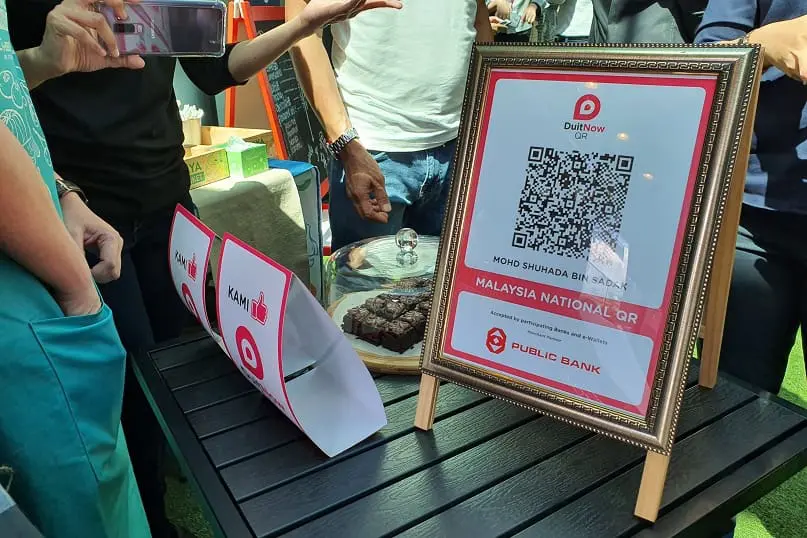
The central banks of five Southeast Asian (SEA) countries – including Malaysia – are set to link their payment networks by November 2022, so that citizens and travellers within the region can enjoy a more seamless payment experience. If successful, individuals will be able to perform QR code payments in other linked SEA countries using mobile banking or e-wallet apps from their home country, instead of having to download new apps or go through a remittance provider.
Revealed by the governor of Bank Indonesia, Perry Warjiyo, during a recent G20 meeting, this initiative will involve Malaysia, Indonesia, Thailand, Singapore, and the Philippines. He also explained that payments made through the linked networks will use local-currency settlement between the countries. So for instance, payments transacted in Thailand using an Indonesia app will be exchanged directly using rupiah and baht (instead of using US dollar as an intermediary).
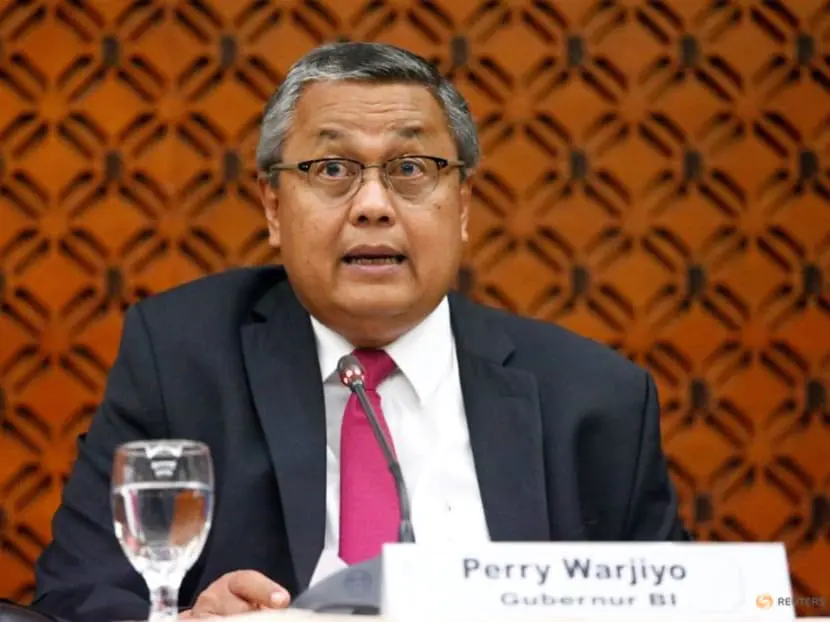
At present, however, the integration of these payment networks still requires work. Malaysia, for example, has already enabled cross-border QR payments with Thailand and Indonesia, but are still working on doing the same with Singapore (set to begin in the fourth quarter of 2022) and the Philippines. Meanwhile, Singapore is already linked to Thailand, and is looking to expand. The Philippines, too, announced its intention to seek cross-border payment linkage with Malaysia and Thailand just at the end of last year.
Moreover, establishing a payment system linkage within the SEA region is not the final game plan. According to the managing director of the Monetary Authority of Singapore (MAS), Ravi Menon, the central banks will eventually seek to link the SEA network with other regional clusters around the world. From there, real-time bank transfers and central bank digital currencies (CBDCs) may be implemented on a broader level.
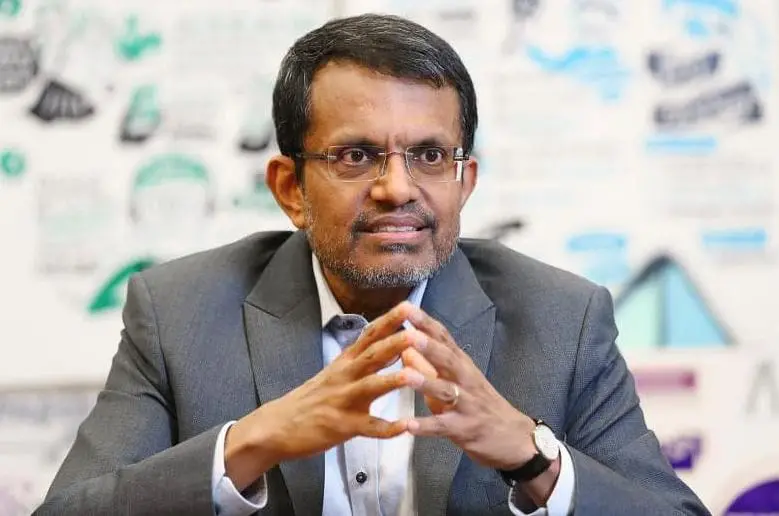
“This can be a deeply impactful move that we can build to the rest of the world. It’s a public good infrastructure which improves financial inclusion, enhances efficiency, and creates new business opportunities for all citizens,” said Menon.
Governor of Bank Negara Malaysia (BNM), Tan Sri Nor Shamsiah Mohd Yunus also shared a similar sentiment, stating that an efficient cross-border payment service is especially crucial for Malaysia as a small and highly open economy.
(Source: Bloomberg)
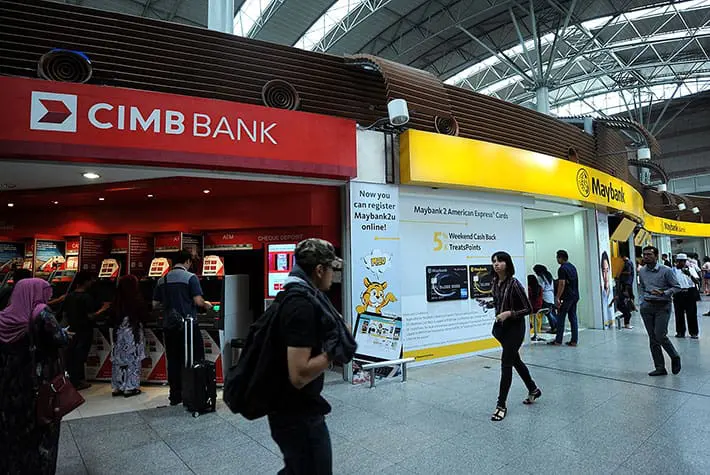

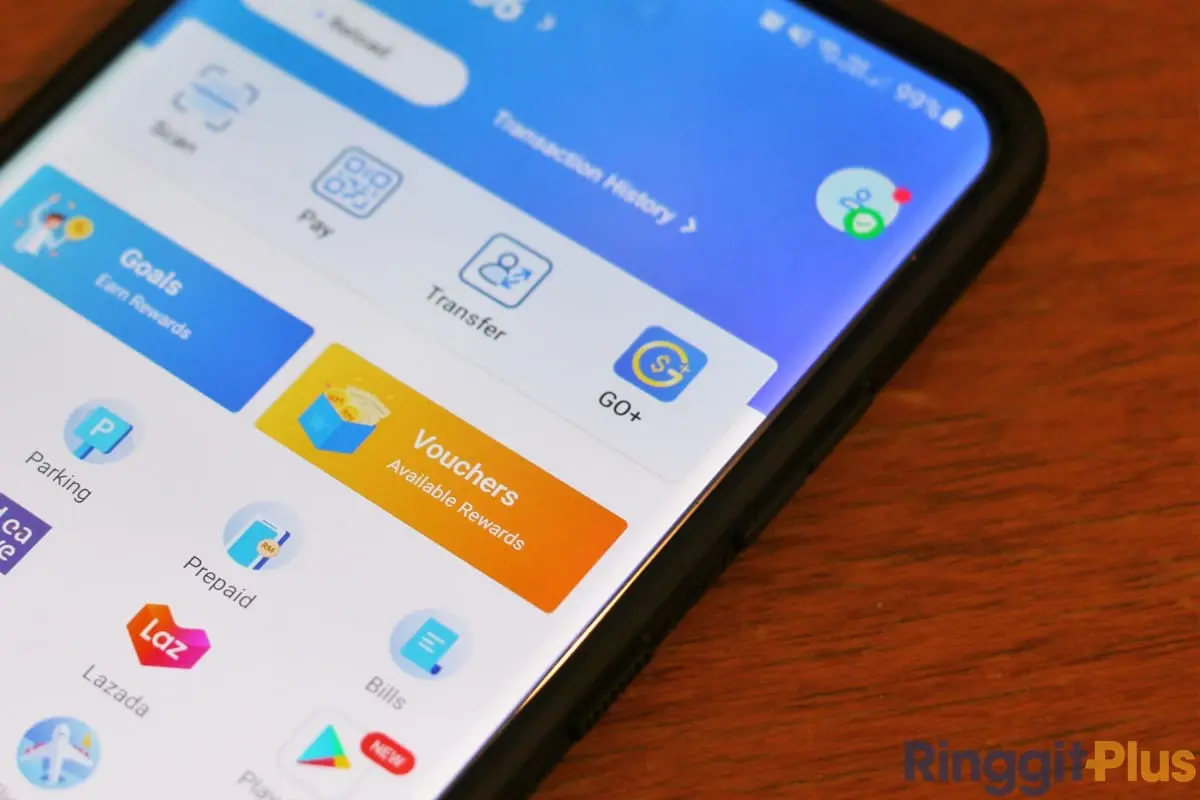
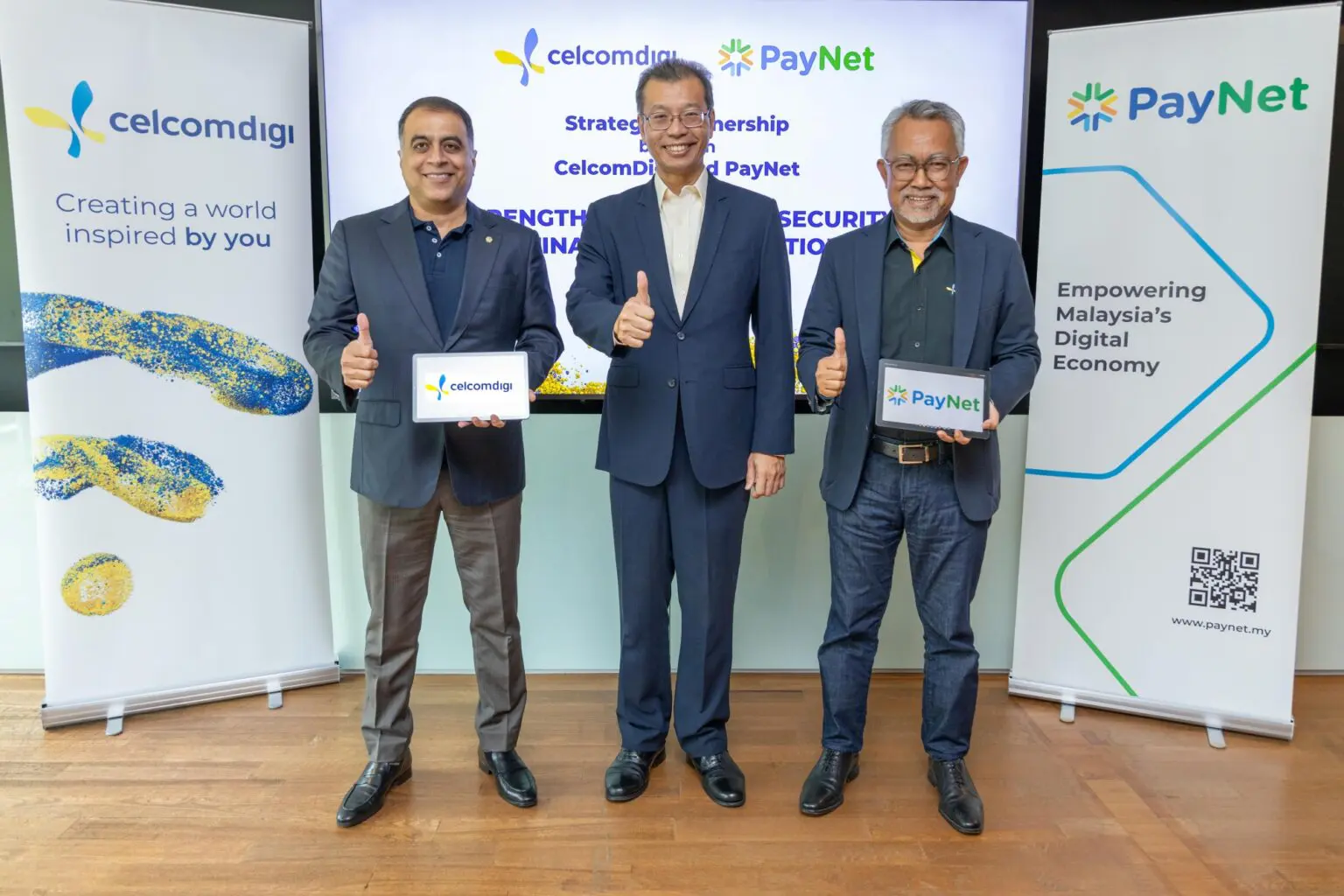
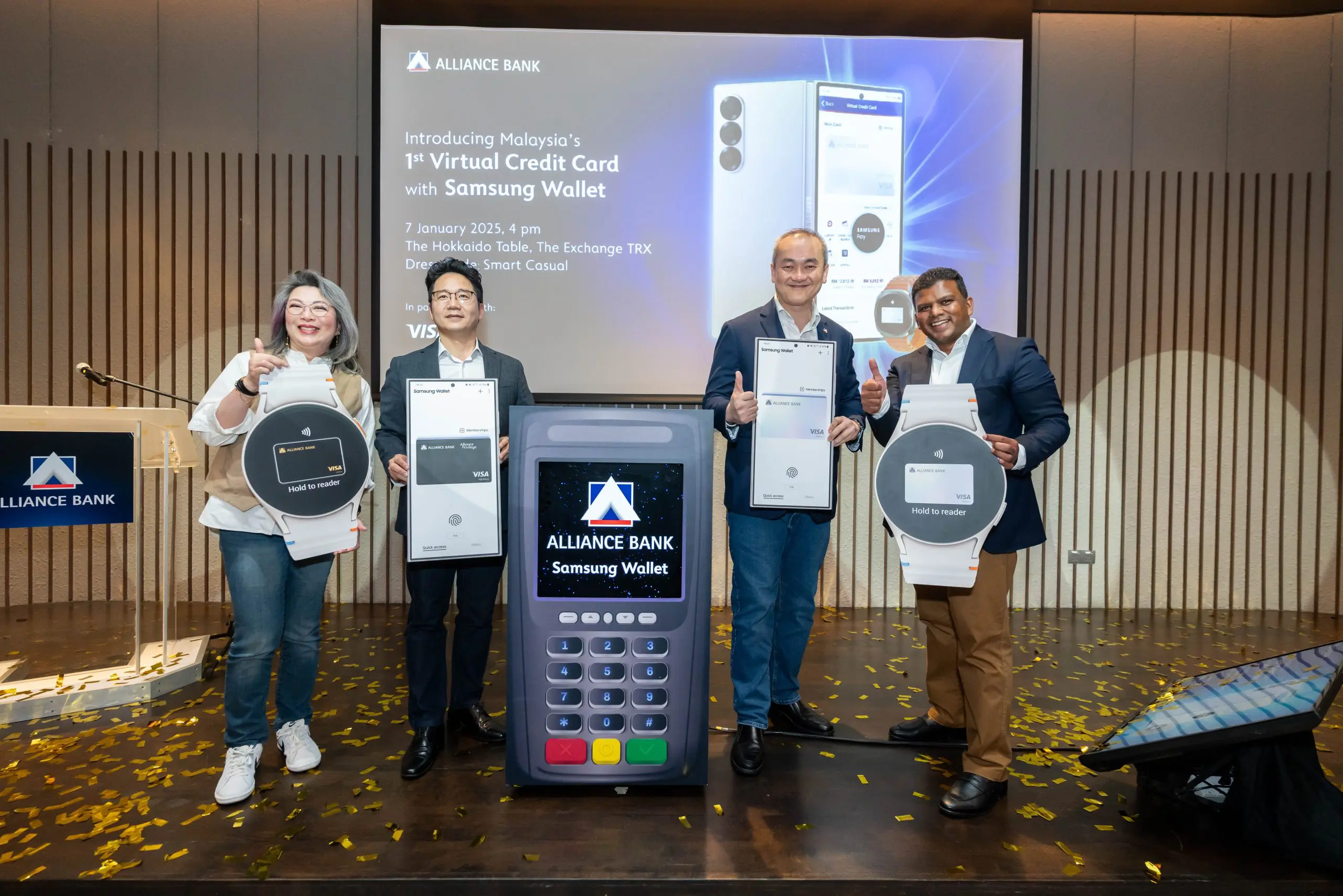


Comments (0)